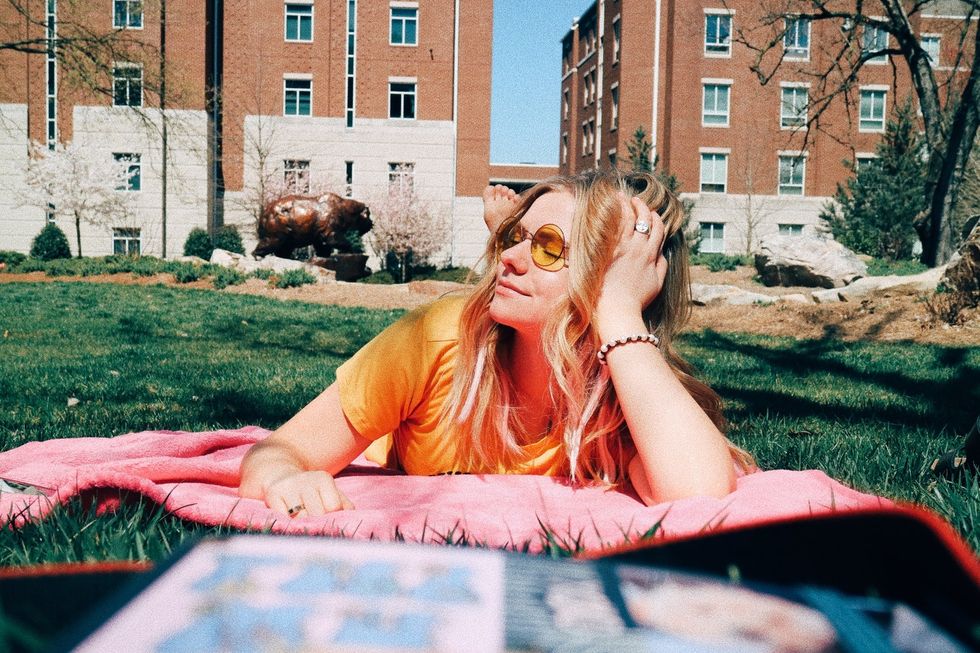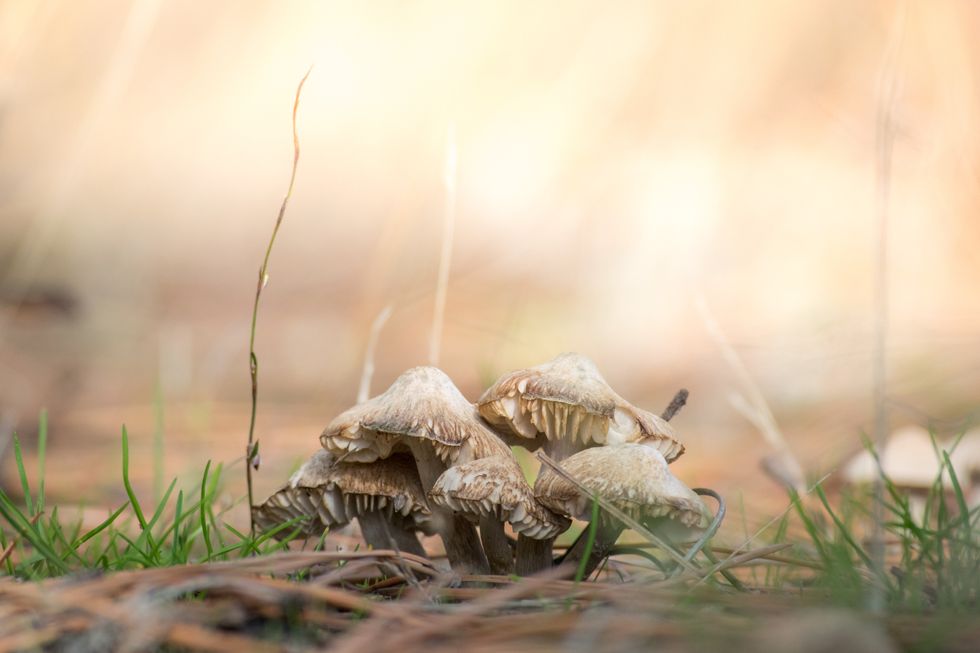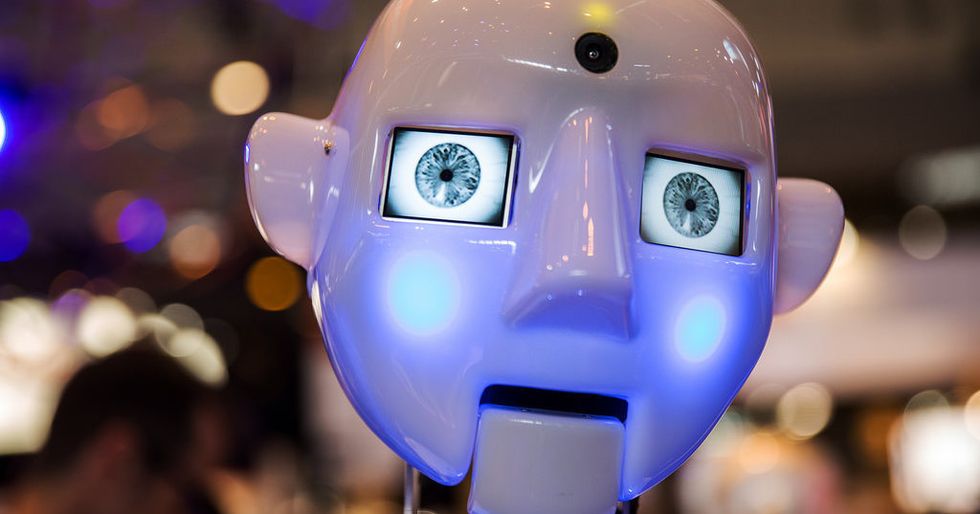Denver Decriminalizing Magic Mushrooms Offers Hope For Those With Mental Illness
If we want to really make progress in mental health treatment, we might have to start considering solutions that are a little bit unorthodox.
Admittedly, magic mushrooms are not the first drug that comes to mind when you think of Denver, Colorado. However, this week the residents of Denver will vote on whether to decriminalize psilocybin mushrooms as part of a movement nicknamed "Decriminalize Denver." The movement is the nation's first public referendum on hallucinogenic mushrooms. Initiative 301 aims to ratify the directive that enforcing laws for personal use or possession of psilocybin mushrooms "shall be the lowest law enforcement priority in the City and County of Denver."
While the motives behind decriminalization are undeniably varied, one major reason to support the legalization of magic mushrooms is the fact that they offer a lot of potential in long-term treatment of mental illness and addiction. According to a study led by Jeremy Daniel and Margaret Haberman at the South Dakota State University College of Pharmacy in 2017, psilocybin mushrooms have high affinity for several serotonin receptors located in numerous areas of the brain, including the cerebral cortex and thalamus.
Findings like these point to the fact that psilocybin, the active ingredient in magic mushrooms, may be an effective treatment for addiction, depression, chronic pain, anxiety, and post-traumatic stress disorder.
The benefits are so convincing that the FDA has granted "breakthrough therapy" status to study psilocybin for treating depression due to the fact that preliminary evidence shows "the drug may demonstrate substantial improvement over available therapy," meaning magic mushrooms might be closer to their namesake after all, bringing new hope for those who have exhausted other options and found them more harmful than helpful.
Kevin Matthews, the campaign director of "Decriminalize Denver," credits psilocybin mushrooms with "really saving [his] life" following his medical discharge from the United States Military Academy due to his major depression. Matthews says his "life had crumbled beneath [his] feet" and suffered without a solution for years until his friends introduced him to magic mushrooms. Since discovering their potential for treating his depression, he's dedicated his life to bringing others with severe mental illnesses the same opportunity.
A 2015 paper from the University of Alabama went so far as to find that "classic psychedelic use is associated with reduced psychological distress and suicidality in the United States adult population." Findings like these are imperative, especially in a time when suicide rates have risen 30% in the last decade.
If we want to really make progress in mental health treatment, we might have to start considering solutions that are a little bit unorthodox.














































